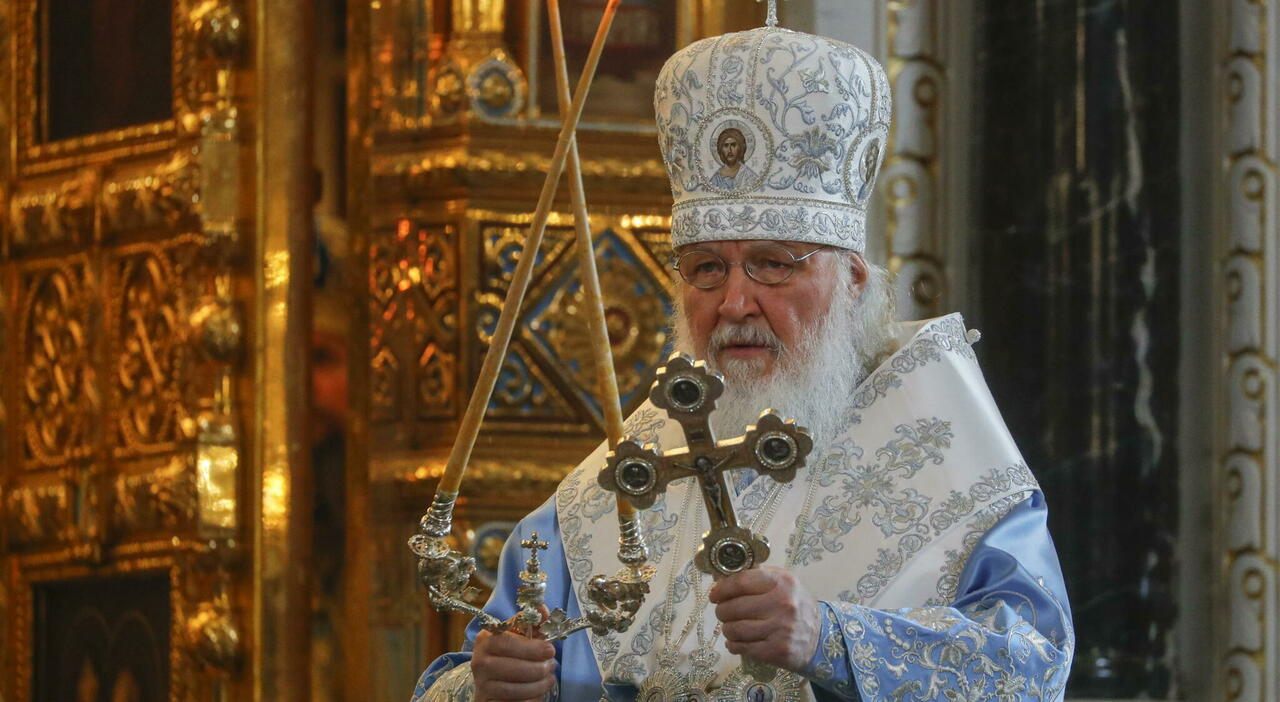Friday 29 March 2024, 11:02 - Last updated: 12:47
From the Moscow Patriarchate, another slap to Rome: "The document Fiducia Supplicans essentially equates homosexual cohabitation with heterosexual cohabitation outside of marriage" consequently "the ideas expressed represent a significant deviation from Christian moral teaching and require theological analysis". The harsh and clear judgment was formulated in a document signed by Patriarch Kirill and all the other Orthodox bishops. Practically almost an anathema that further distances Moscow from Rome from an ecumenical perspective. This time the Orthodox contest practically everything contained in the text prepared by the Argentine cardinal Fernandez, prefect of the Dicastery of the Faith, upon indication and approval of Pope Francis. Among the most critical points is "the absence of moral requirements for those who are blessed. An absence that is justified by the desire not to overshadow God's love".
The rejection in recent weeks has also come from the Coptic Orthodox of Tawadros II (who have frozen ecumenical relations), as well as from several European episcopates (Ukrainian, Belarusian, Hungarian, Dutch) all convinced that the measure goes against the word of God and tradition.
Pope Francis at the Chrism Mass evokes the tears in the Church and asks for less "controversy", calling for "mercy".
From Moscow, where the Orthodox Church has always opposed laws and ideas contrary to the family formed by a man and a woman, it is highlighted that gays should have a "less sinful" life. "God's love for man cannot be the basis for blessing couples in sinful cohabitation. God loves man, but also calls him to perfection: 'Be perfect as your heavenly Father is perfect'. God's love for man calls him to move away from sin that destroys his life. Consequently, pastoral care for man should harmoniously combine a clear indication of the inadmissibility of a sinful lifestyle with the love that leads to repentance".
Therefore, the practice of blessing "unresolved and same-sex couples" is only a response to public opinion questions. From Moscow, it is highlighted that before this measure the Catholic Church "explicitly forbade same-sex unions to be blessed. But the new document approved by the Pope changes this unequivocal position: it proposes to recognize the possibility, under certain conditions, of blessing couples in non-stabilized situations and homosexual cohabitations".
Another critical point is this: "The statement says nothing about the fight against sin, about the rejection of sinful lifestyles, about pastoral help to the believer to overcome sin. The text of the Declaration is drafted in such a way that it can be deduced that a sinful lifestyle does not constitute an obstacle to communion with God. The Declaration completely omits the sacrament of Penance as a necessary source of divine grace for all those who wish to correct everything in their life that is inconsistent with the will of God".
© ALL RIGHTS RESERVED
This article is automatically translated
